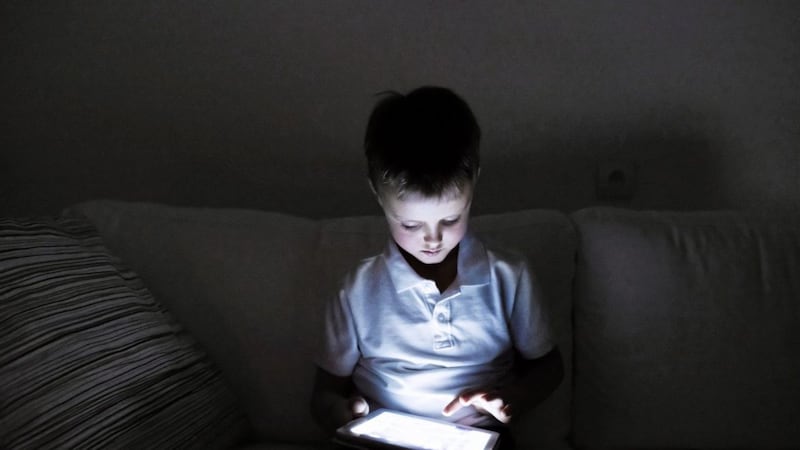ANYONE with young children will be familiar with the game Fortnite. If your kids are not totally engrossed in it themselves, chances are they know other kids who are.
The hugely popular survival game – played on the PlayStation 4, XBox One, Windows and Minecraft – has everything kids want in a game. Epic Games, the company behind it, has tapped into their favourite things – a free-to-play Minecraft resource collecting and building merged with a massive multiplayer online shooting game – and created something that has amassed around 125 million players in less than a year.
The quirks of the game have invaded popular culture, with dances like ‘the Floss’ being seen in classrooms and playgrounds across Northern Ireland and ‘Take the L’ being used in goal celebrations by participants of the recent World Cup.
The game is lauded as being better for our offspring than those which perhaps isolate children and solo players, due to the multi-player set up and the ethos that kids must communicate and work as a team to survive.
But that doesn’t gloss over the other worries parents have.
The game may well be free but you haven’t lived until you’ve checked your bank account and realised that your child has paid £100 for virtual currency V-Bucks. Parents all over the world are being hit by unexpected bills when their kids are blowing big sums on the game without their permission.
And look beyond the cost at the addiction factor. Parents have been voicing concerns that their children are becoming obsessed with Fortnite and other games, so much so that they are turning their backs on the great outdoors, in favour of the great indoors.
Researchers recently found the average six to 16-year-old enjoys a total of just seven hours a week outdoors – including weekends.
And the typical ‘Fortnite generation’ child is now online for more than two hours every day playing on computer games, phones and tablets, and some are plugged in for much, much longer.
As a result, more than two thirds of parents admit to being worried that their children don’t spend enough time outdoors, and almost four in 10 have to force reluctant youngsters outside to play.
The study, by multi-sports retailer Decathlon, also found trying to persuade their children to enjoy time in the sunshine instead of being glued to a screen is a major bone of contention for many parents.
In the last 15 years our world has changed beyond recognition. Everything is now at our fingertips. We can shop, we can socialise and we can see far-off places without ever having to leave the comfort of our sofas. Because of technology, the world has become a much smaller place and we can talk face to face with someone half way across the world with the mere touch of a button.
Our children can stay connected with their friends, and make new friends online. They can explore virtual worlds, become superheroes and save the planet after doing their homework. Gaming is encroaching into our classrooms, with Minecraft now being used to bolster the curriculum and many schools using iPads instead of books. The technological tide is too strong to hold back at this stage.
There are some who say that it’s a futile exercise to try and fight against this phenomenon, that we should give up and accept that our children will never be like us, playing in the street in the fresh air.
Times are changing. In the same Decathlon poll, kids were asked to pick an activity they would rather do than play outside; 10 per cent prefer doing homework and three per cent even said ‘completing chores’.
Playing computer games came top of the list, followed by watching TV, going on the internet and listening to music.
Our children have more things than ever to encourage them to stay inside on their computer while we fret constantly about them not having the same experiences as ourselves.
It’s up to us as parents to try and adapt to these modern times and coerce them outside from time to time, blinking in the sunshine to get some exercise. And, of course, to make sure we put a lock on our bank cards so we’re not paying out a fortune for V-Bucks.








